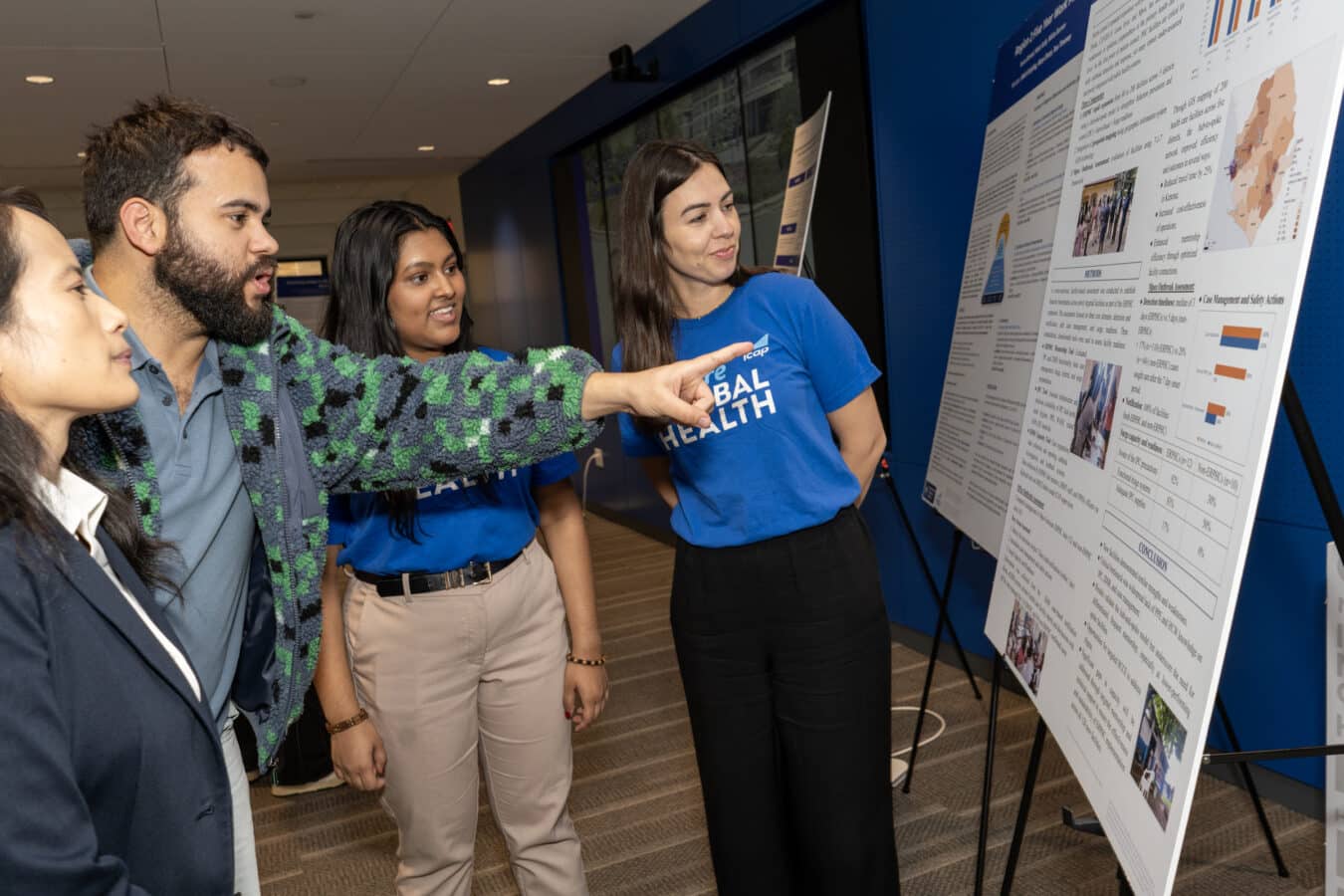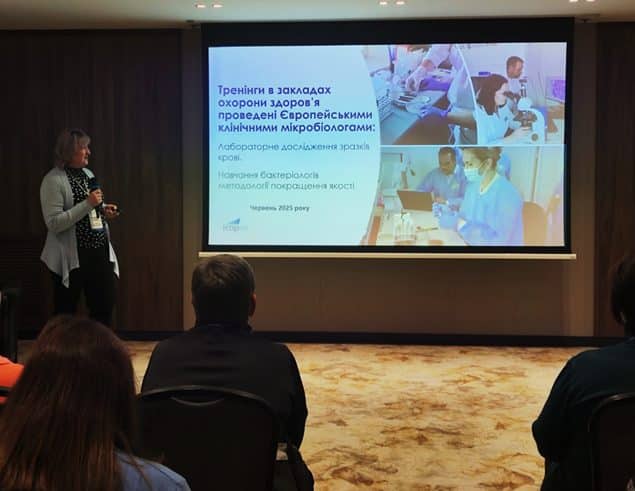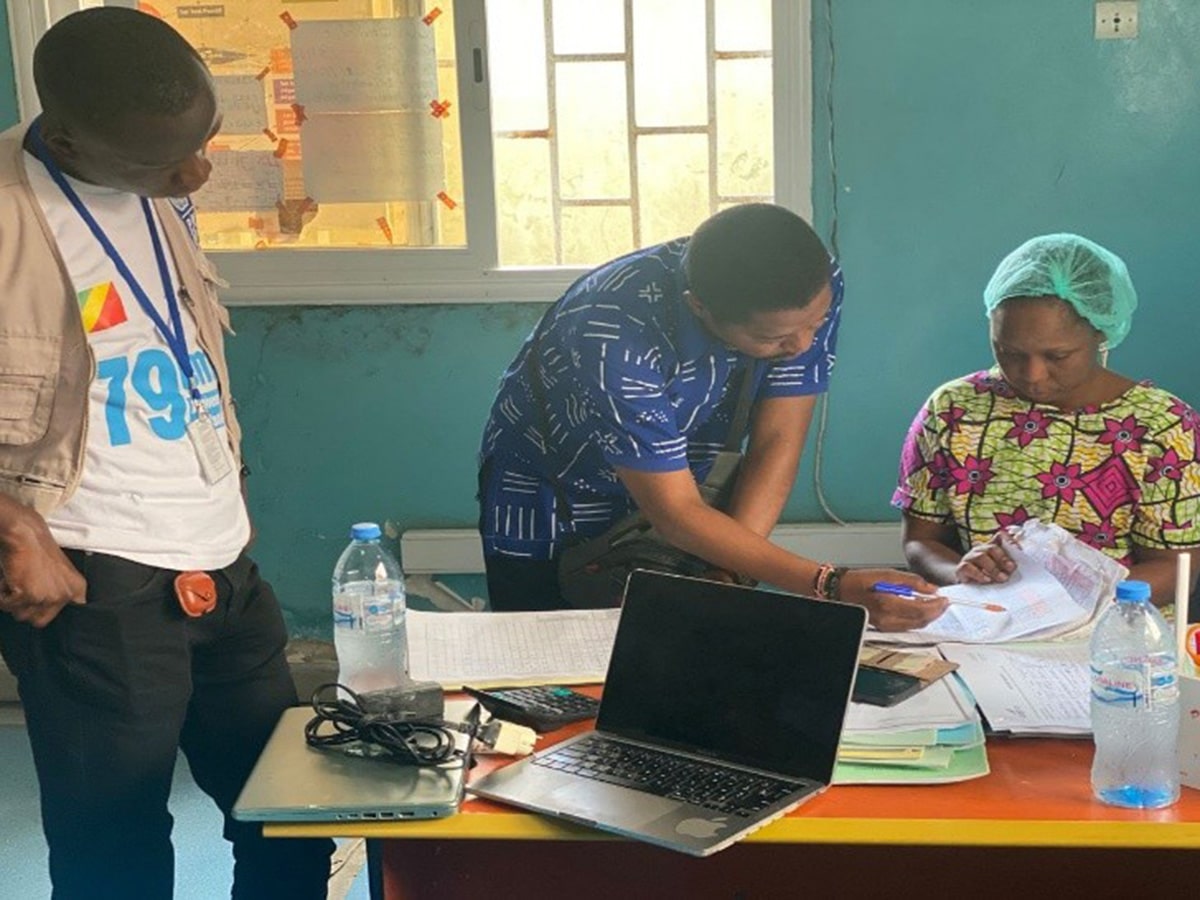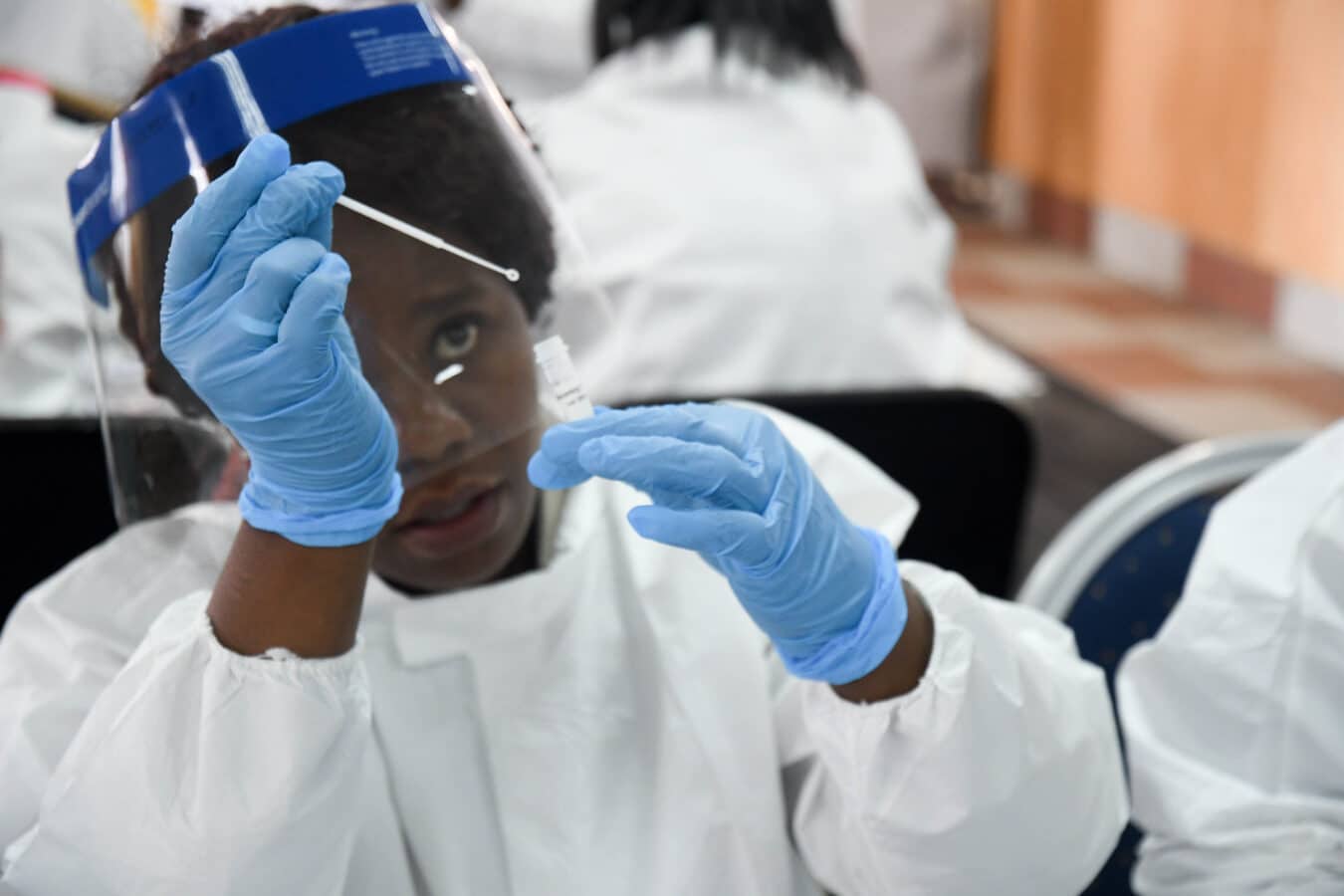ICAP at Columbia University will partner with Addis Ababa University in Ethiopia and the University of Nairobi in Kenya to establish data science and postgraduate health degree programs in the two countries.
The partnership is part of the National Institutes of Health’s (NIH) award to support research and training activities on data science, innovation, and health in several African institutions. The NIH is issuing 19 awards to support the project to awardees, including national ministries of health, non-governmental organizations, corporations, and academic institutions.
ICAP brings its expertise in the global response against HIV/AIDS, COVID-19, and other infectious diseases, as well as its health system strengthening work to the project in Ethiopia and Kenya.
Jessica Justman, MD, ICAP’s senior technical director, and Suzue Saito, MD, MIA, PhD, ICAP’s project director for the Tracking with Recency Assays to Control the Epidemic (TRACE) project will lead NIH project activities.
“ICAP will build on its extensive expertise to support curriculum development for the facilitation of relevant short courses in surveys, surveillance, health informatics, data use for health program improvement, including the identification of relevant faculty mentors,” said Wafaa El-Sadr, MD, MPH, MPA, ICAP’s global director. “ICAP will also leverage its network of in-country infrastructure and projects to provide opportunities for real-world data science practicums.”
Learn more about the new program, including details on other activities for the award here.
About ICAP
A major global health organization that has been improving public health in countries around the world for nearly two decades, ICAP works to transform the health of populations through innovation, science, and global collaboration. Based at Columbia Mailman School of Public Health, ICAP has projects in more than 30 countries, working side-by-side with ministries of health and local governmental, non-governmental, academic, and community partners to confront some of the world’s greatest health challenges. Through evidence-informed programs, meaningful research, tailored technical assistance, effective training and education programs, and rigorous surveillance to measure and evaluate the impact of public health interventions, ICAP aims to realize a global vision of healthy people, empowered communities, and thriving societies. Online at www.icap.columbia.edu








